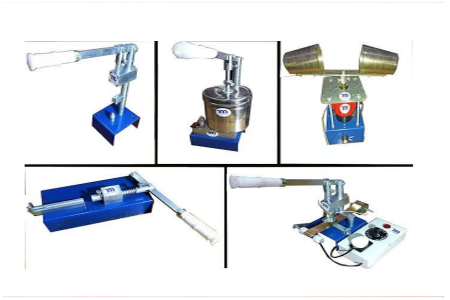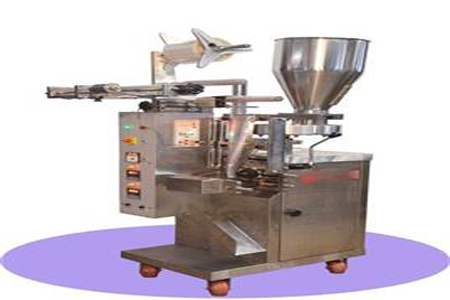- exportimportmmk@gmail.com |
- +913613134414
- Folow Us :
1. Job Creation: Mini machine industries create employment opportunities, especially in rural or
underserved areas, by offering jobs in manufacturing, operation, and maintenance.
2. Flexibility: Smaller scale operations allow for quick adaptation to changing market demands and
the ability to produce customized or niche products efficiently.
3. Local Economic Boost: By operating locally and often sourcing raw materials from nearby
suppliers, mini industries contribute to the growth of local economies and reduce dependence
on external suppliers.
4. Energy Efficiency: Mini machines typically use less energy and resources, making them more
environmentally friendly and cost-effective compared to large-scale operations.
5. Faster Production: Due to their compact size, these industries can have quicker production cycles
and shorter lead times, enabling faster response to market needs.
6. Skill Development: These industries offer training opportunities for workers, helping them gain
specialized skills in machine operation and maintenance.
7. Sustainability: Smaller industries can more easily implement sustainable practices, such as waste
reduction, recycling, and using eco-friendly materials.
Overall, mini machine small industries provide a cost-effective, flexible, and sustainable solution for
producing goods, while fostering local economic growth and job creation.

